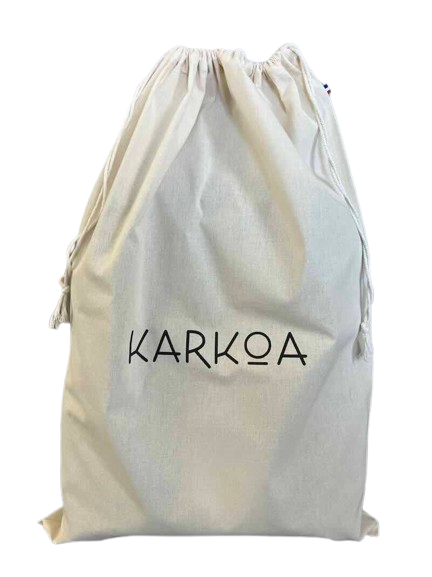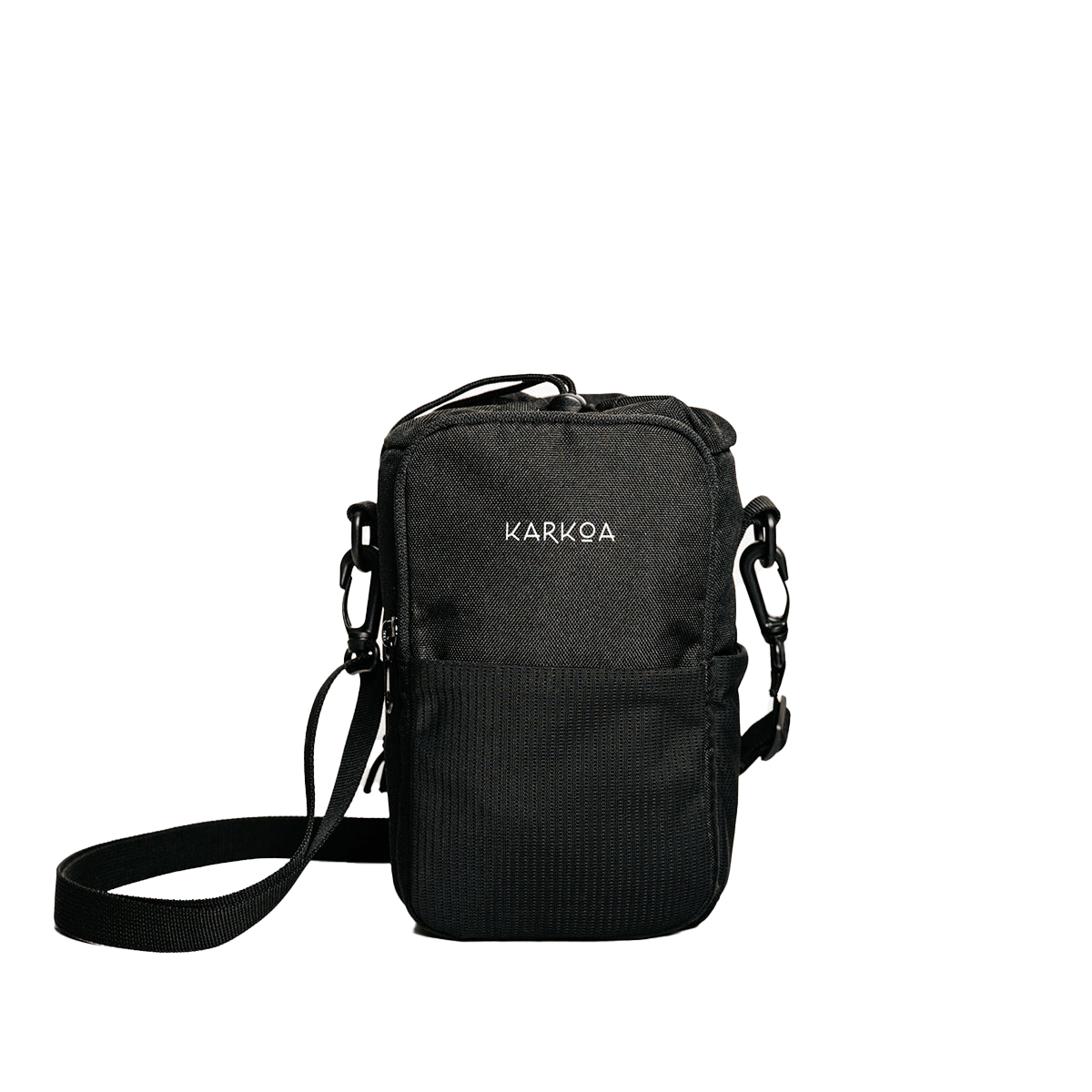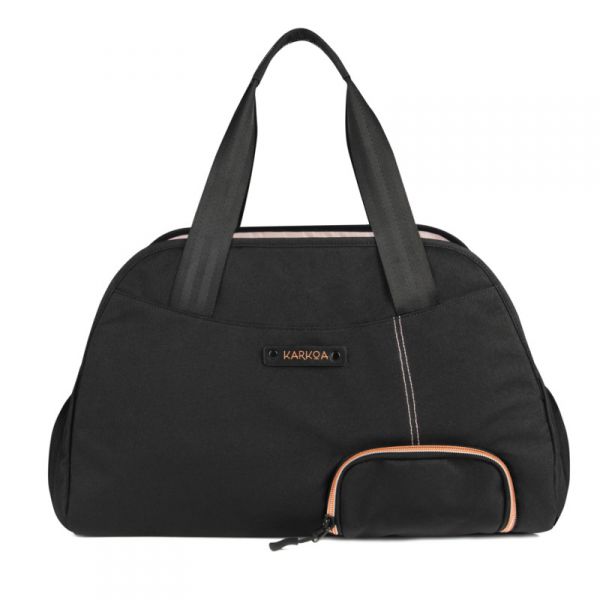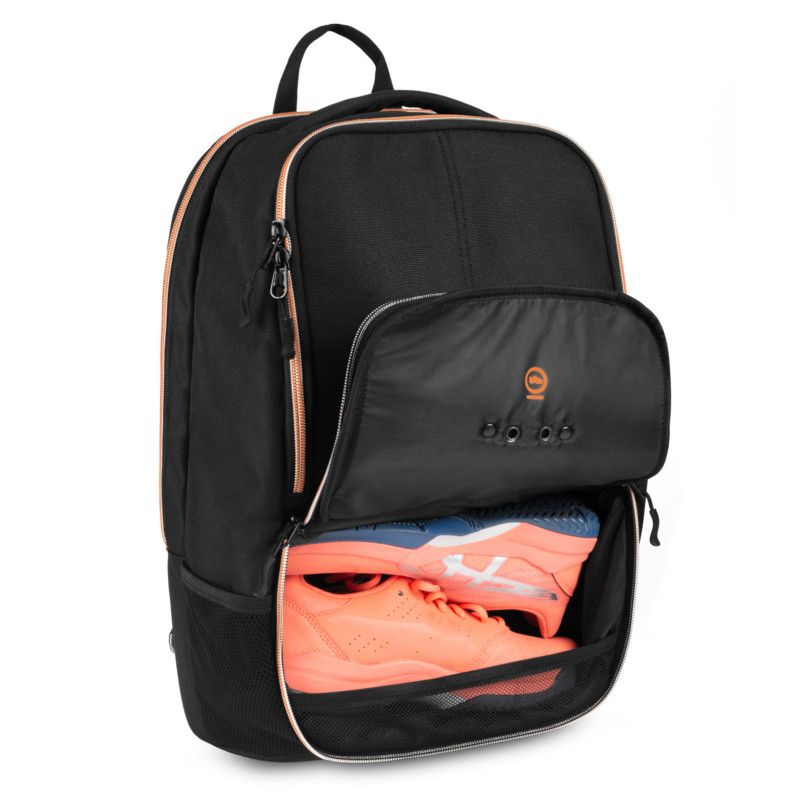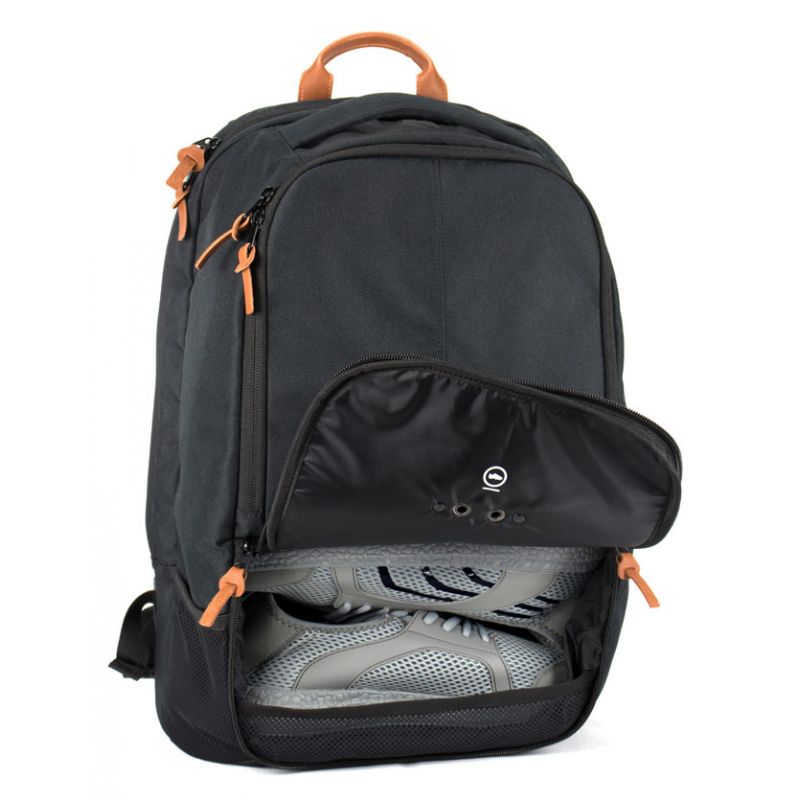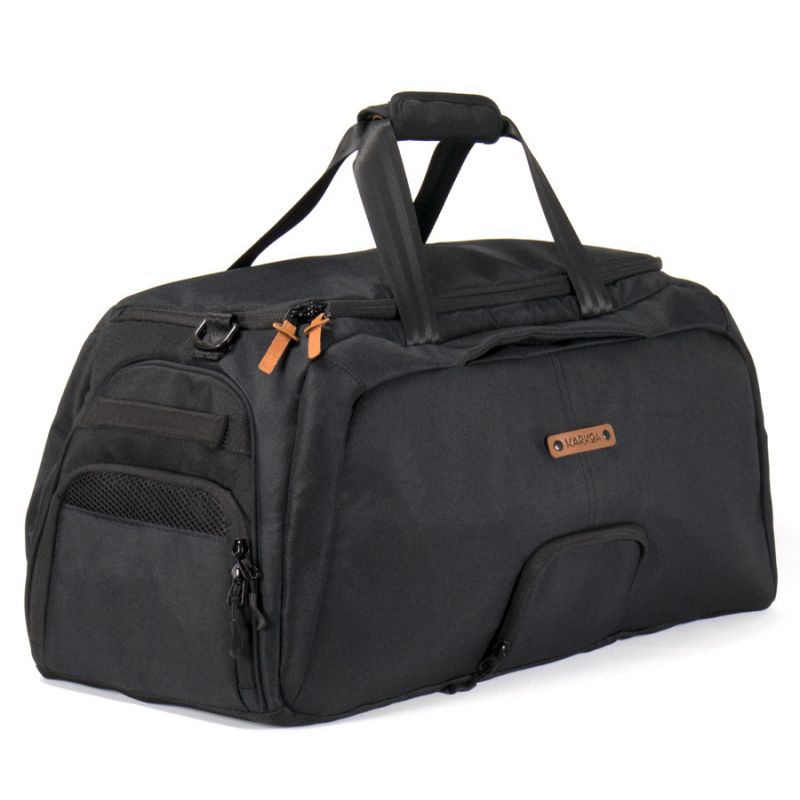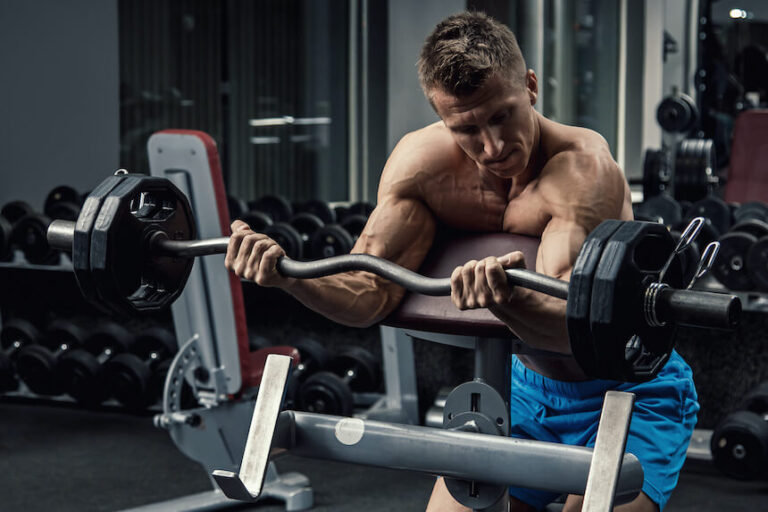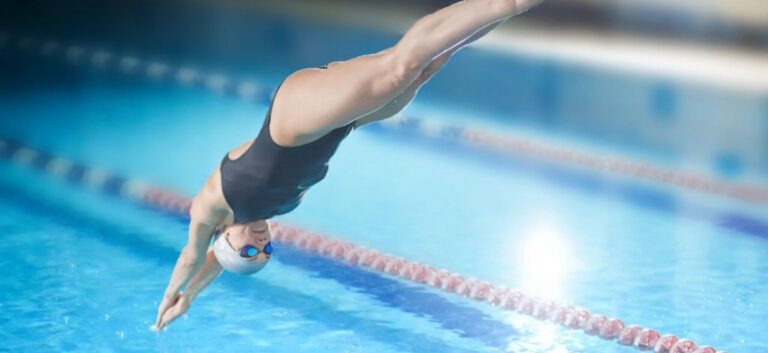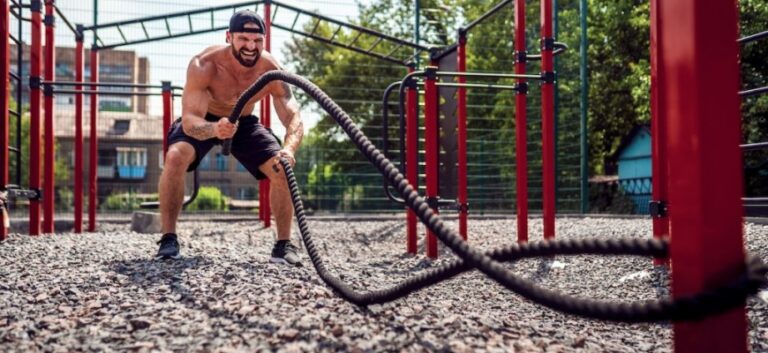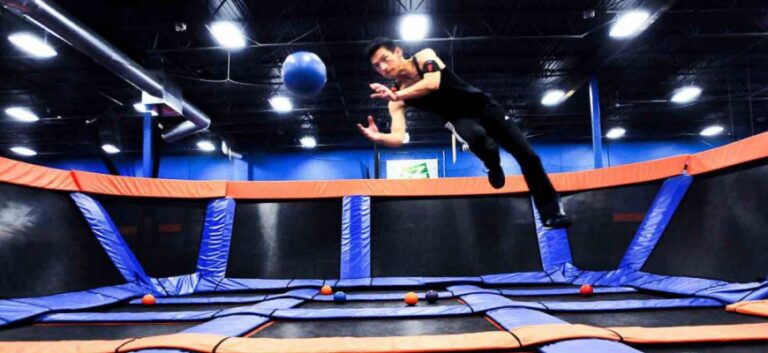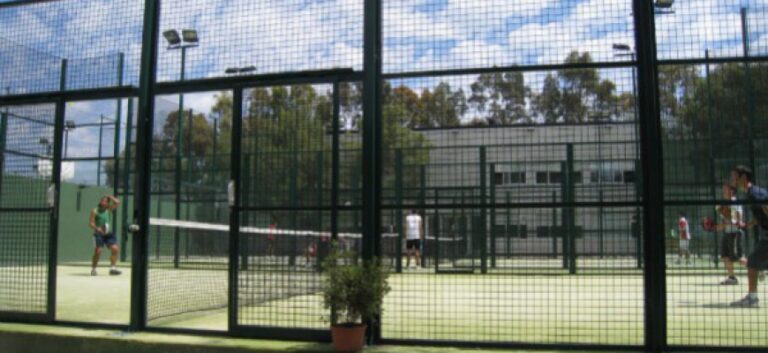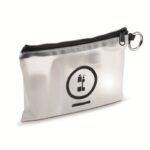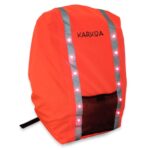But what are parallettes, how can they be used in street workout and what can they do for you?
Did you say ‘parallette’?
Simply put, parallettes are miniature parallel bars. These mini parallel bars are light enough to be transportable, but strong enough to allow you to perform gymnastic or street workout exercises. As you may have guessed, the term ‘parallettes’ comes from the fact that they are small parallel bars.
Parallettes can be used by beginners and seasoned street workout enthusiasts alike. You can train wherever you like. In a park, in the street or at home, the parallettes will accompany you during your sessions.
What are parallettes for?
With parallettes, you can work your whole body. By varying the exercises, you can develop different muscle groups. By working regularly, you’ll make rapid progress and move on to exercises of greater difficulty.
What’s more, when you do floor exercises such as push-ups, your wrists are completely bent. This puts a lot of strain on them, which can lead to injury over time. Using parallettes gets round this problem. The wrists are no longer bent, but remain in a neutral position. The joint is no longer overloaded, so the risk of injury is considerably reduced.
You’ll also be able to work on your balance more effectively. The parallettes will make it easier for you to ‘feel’ any imbalance and correct it during your exercises. It’s an excellent way of strengthening your forearm muscles. You’ll also improve your performance in exercises such as pull-ups.
How do you choose your parallettes?
It’s important to choose the right parallettes. They must be adapted to your body shape and the exercises you want to do.
Metal feet for greater stability
For your safety, it is essential that the parallettes are stable. Metal feet will make the parallettes heavier but also much more stable.
What diameter for the handles?
The size of the handles should ensure a comfortable and secure grip. If they are too thin or too thick, they will not provide a firm grip. A diameter of 40 millimetres is generally considered comfortable.
How high should the parallettes be?
The height of the parallettes must be adapted to the use you intend to make of them.
Mini parallettes
They rise 12 centimetres above the ground. They are small, light and easy to carry. They are perfect for home training, for push-ups for example.
Low slabs
Slightly wider and 10 centimetres high, they are perfectly stable and are ideal for practising hand balance.
Medium slabs
These are the most common models because they are the most versatile. At 30 centimetres high, they can be used for a wide range of exercises.
High slabs
These models are more suited to training and presentations. They can nevertheless be used for a number of bodyweight exercises such as dips. They will enable you to make rapid progress, but are much bulkier and harder to transport.
Wood or metal?
Les parallettes en métal peuvent sembler attractives au premier abord. Elles sont plus solides et souvent légèrement moins encombrantes. Il en existe également en plastique, encore plus aisément transportables. Néanmoins, les parallettes en bois présentent un avantage que n’ont pas celles en plastique ou en métal. Au fur et à mesure des exercices, vous allez nécessairement transpirer. Vous risquez d’avoir les mains moites ce qui peut rendre les parallettes glissantes. Vous allez donc devoir use magnesia in large quantities. Wooden pallets are more likely to ‘absorb’ the sueur qui ne va pas rester en surface. Elles ne deviendront pas glissantes et vous pourrez continuer vos exercices.
A few exercises with the parallettes?
A large number of exercises can be performed using parallettes. Whatever they are, don’t forget to warm up properly before starting your workout.
Traditionally, the parallettes are positioned shoulder-width apart. However, you can spread them further apart if you want to increase the difficulty of the exercise.
The pumps
An essential street workout exercise, push-ups are one of the great classics. The parallettes will enable you to increase your range of motion. Instead of leaning on the floor, you lean on the parallettes. Keep your head upright, in line with your spine. Keep your elbows parallel and close to your body. Repeat the push-up movements while holding onto the parallettes.
Dips
Dips give your pectoral muscles and triceps a thorough workout. Keeping your feet supported, you lower your arms backwards and then raise yourself back up to the starting position. Several repetitions will enable you to make rapid progress.
The L-sit
This exercise is designed to develop and strengthen your abdominal muscles. You will need to support yourself with both arms stretched vertically, with your legs stretched parallel to the ground.
The board
The plank exercise is particularly difficult and is reserved for advanced exercisers. This particularly intense exercise will require you to work with your arms straight. You’ll need to do the plank with your body fully engaged and flat, balancing on your arms, slightly forward so as not to topple over.
Other exercises with parallettes on video
To conclude on the parallettes
Parallettes will quickly become an essential accessory for your street workout. Light and easy to carry or heavier for greater stability, take them everywhere in your Karkoa sports bag. Smartbag or Tepee allow you to store your parallettes in separate pockets so you can take them with you wherever you go.
